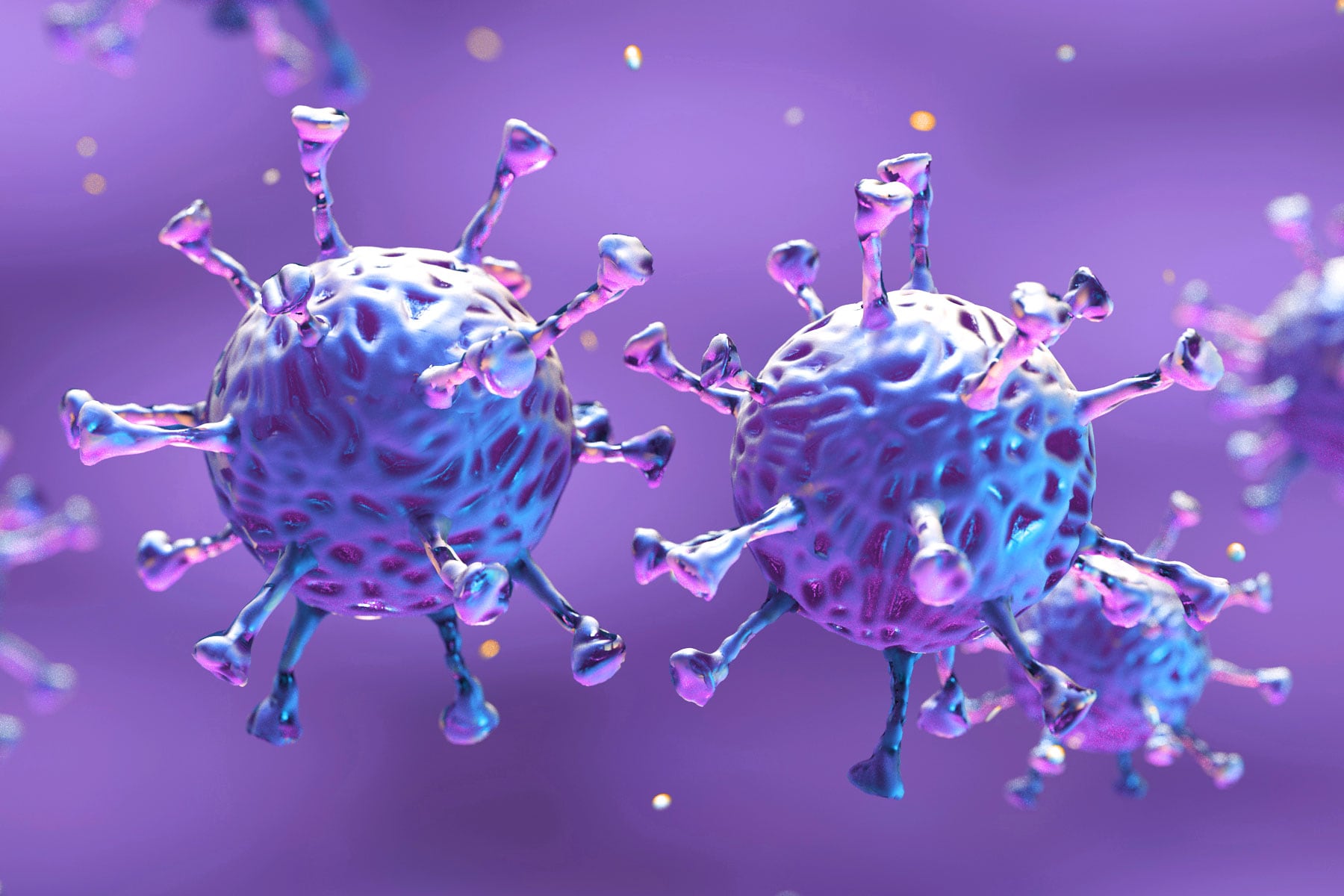Hiccups Causes, Symptoms, Diagnosis and Treatment

What Are Hiccups?
A Hiccup, known as synchronous diaphragmatic flutter (SDF) or singultus in medical terms, is an involuntary contraction (myoclonic jerk) of the diaphragm that may repeat several times per minute.
It is an involuntary action involving a reflex arc.
Once triggered, the reflex causes a strong contraction of the diaphragm followed about 0.25 seconds later by closure of the vocal cords, which results in the classic “hic” sound.
Hiccups may occur individually, or they may occur in bouts.
Causes Of Hiccups:
Most common causes of hiccups include:
- Drinking carbonated beverages
- Drinking too much alcohol
- Eating too much
- Excitement or emotional stress
- Sudden temperature changes
- Swallowing air with chewing gum or sucking on candy
However, if hiccups persist for more than 48 hours, it seems to be then caused by the following factors:
- Nerve damage or irritation
This can be caused by:
- A hair or something else in your ear touching your eardrum
- A tumor, cyst or goiter in your neck
- Gastroesophageal reflux
- Sore throat or laryngitis
- Central nervous system disorders
- Encephalitis
- Meningitis
- Multiple sclerosis
- Stroke
- Traumatic brain injury
- Tumors
- Metabolic disorders and drugs
- Alcoholism
- Anesthesia
- Barbiturates
- Diabetes
- Electrolyte imbalance
- Kidney failure
- Steroids
- Tranquilizers
Surgeries and mental and emotional issues, for instance anxiety and stress, are known to increase the probability of developing hiccups.
Symptoms Of Hiccups:
Signs and symptoms may include:
- A single or a series of breathing diaphragm spasms, of variable spacing and duration.
- A brief (less than one half second), unexpected, shoulder, abdomen, throat, or full body tremor.
- Hiccups may present as an audible chirp, squeak, “hupp”, or if controlled, a quick inhaling gasp, sigh, or sniff.
- Hiccups may present as brief but distracting or painful, frequent or occasional interruptions in normal breathing, with sudden momentary pain of the throat, chest, and/or abdomen.
Diagnosis Of Hiccups:
The following tests and exams are conducted in order to check for underlying medical conditions which hiccups may be a symptom of:
- Neurological exam
- Lab tests
- Endoscopic tests
- Imaging tests
- CT scans
- MRI
Treatment Of Hiccups:
Normally, hiccups can be treated via home remedies which include:
- Breathing into a paper bag
- Gargling with ice water
- Holding your breath
- Sipping cold water
The following treatment is considered for hiccups which last for more than two days:
- Medications
- Chlorpromazine
- Metoclopramide
- Baclofen
- Surgery
By : Natural Health News




